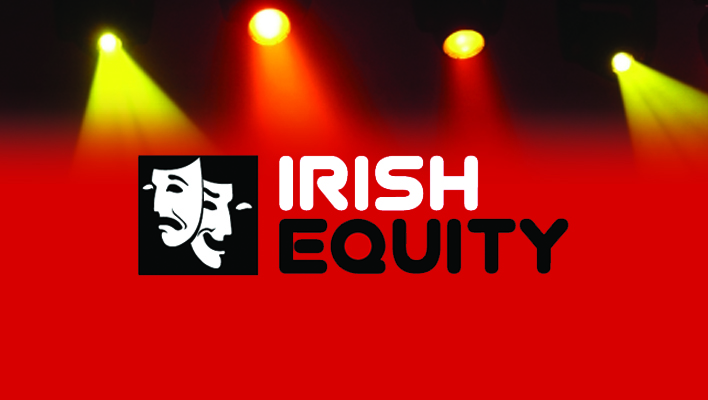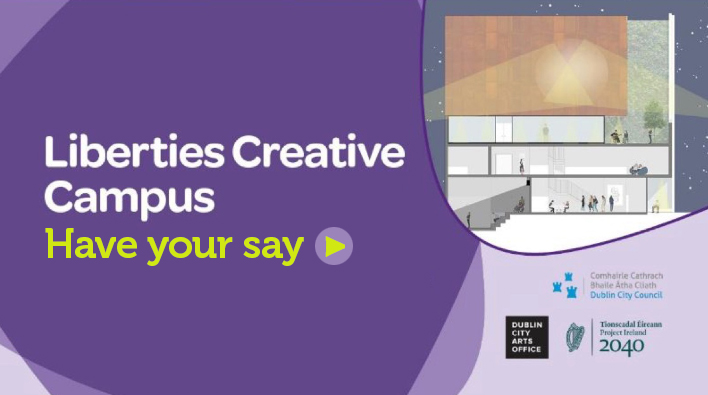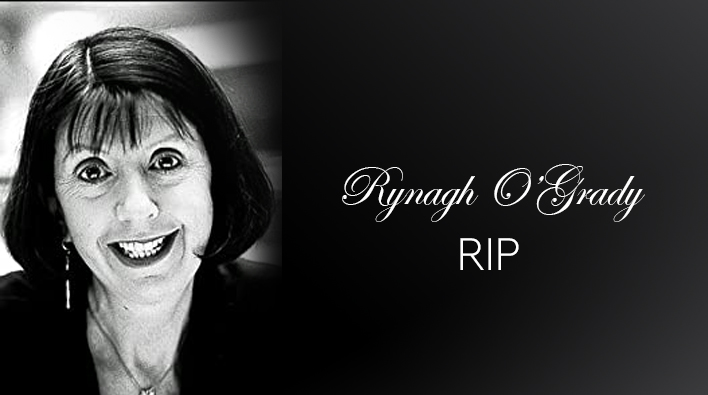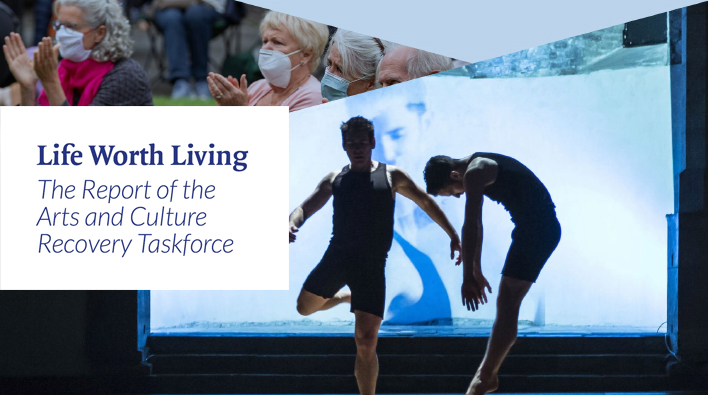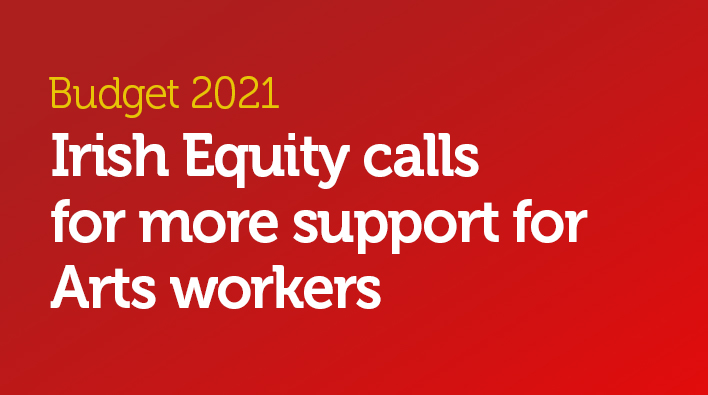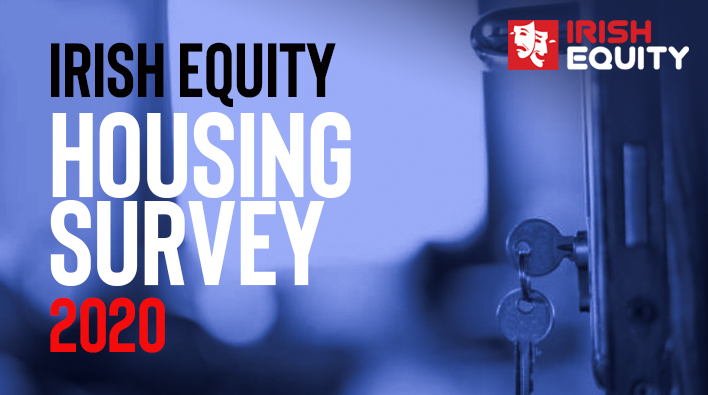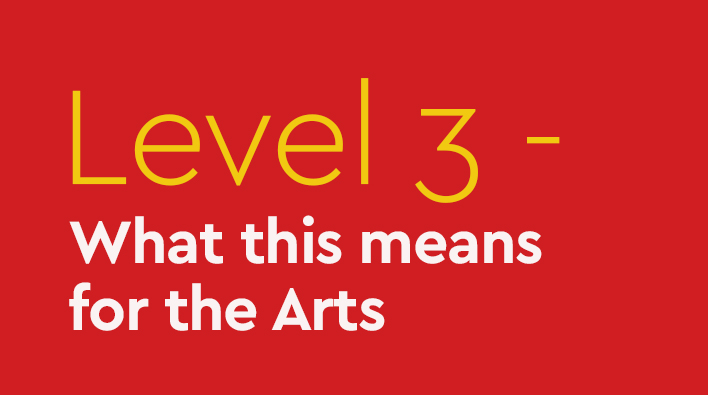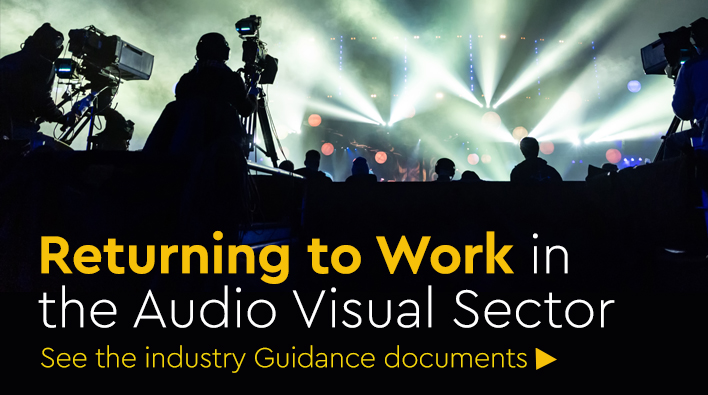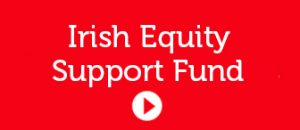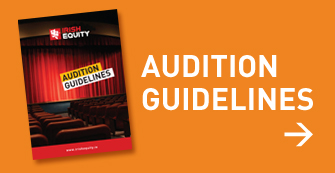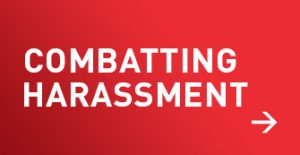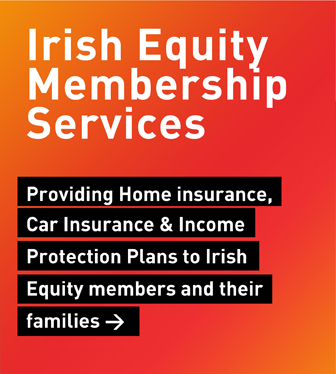Irish Equity seeks meeting with Fine Gael leadership following voiceover debacle
Date Released: 12 March 2021
Members of Irish Equity have today (Friday, 12th March) written to the chairperson of Fine Gael requesting an urgent meeting with the party leadership following media reports that the party has posted a series of ill-judged requests across social media aimed at Irish film, television and radio workers.
SIPTU Sector and Irish Equity Organiser, Martin O’Rourke said: “These posts lack even a basic understanding of the nature and quality of the work that voiceover artists perform. Media reports claim that job advertisements were posted across social media platforms advising that Fine Gael needed both a male and female voice “with an Irish-country accent” for a “quick” voiceover. We understand that one of the adverts stated that applicants would be paid €50 less VAT for their services. Our members are demanding that Fine Gael clarify if they indeed stand over paying voiceover artists such paltry wages.”
He added: “SIPTU representatives have sought a meeting with the chairperson of Fine Gael, Richard Bruton TD, so that we can discuss the matter and to advise him of most pressing and pertinent issues facing artists in Ireland. Poor pay and a lack of real supports will be at the top of the agenda.”
Irish Equity President, Padraig Murray, said: “We are calling on Fine Gael to meet with us urgently to discuss what real solutions the Government proposes to address the low pay and precarious work crisis across our industry. The pilot for a Universal Basic Income Scheme over a three-year period in the arts, culture, audio visual, live performance and events sectors must get off the ground quickly and we are calling on the Government to make it happen.”
